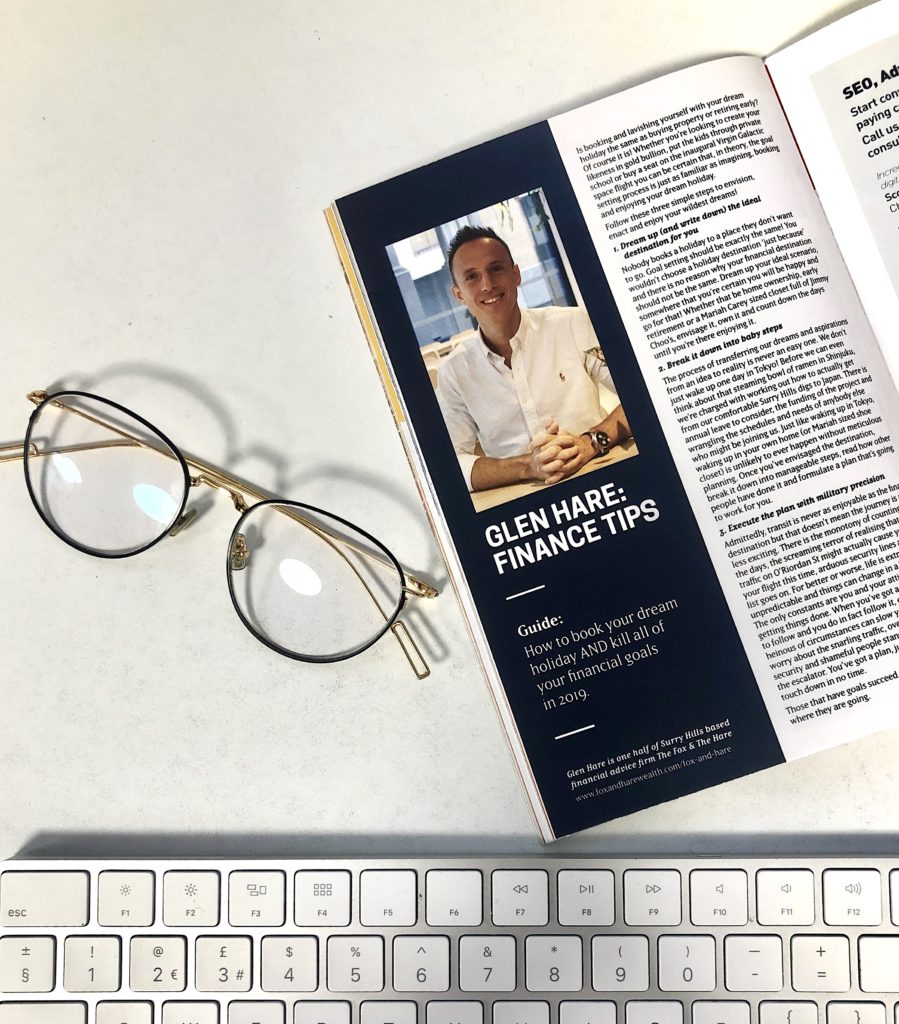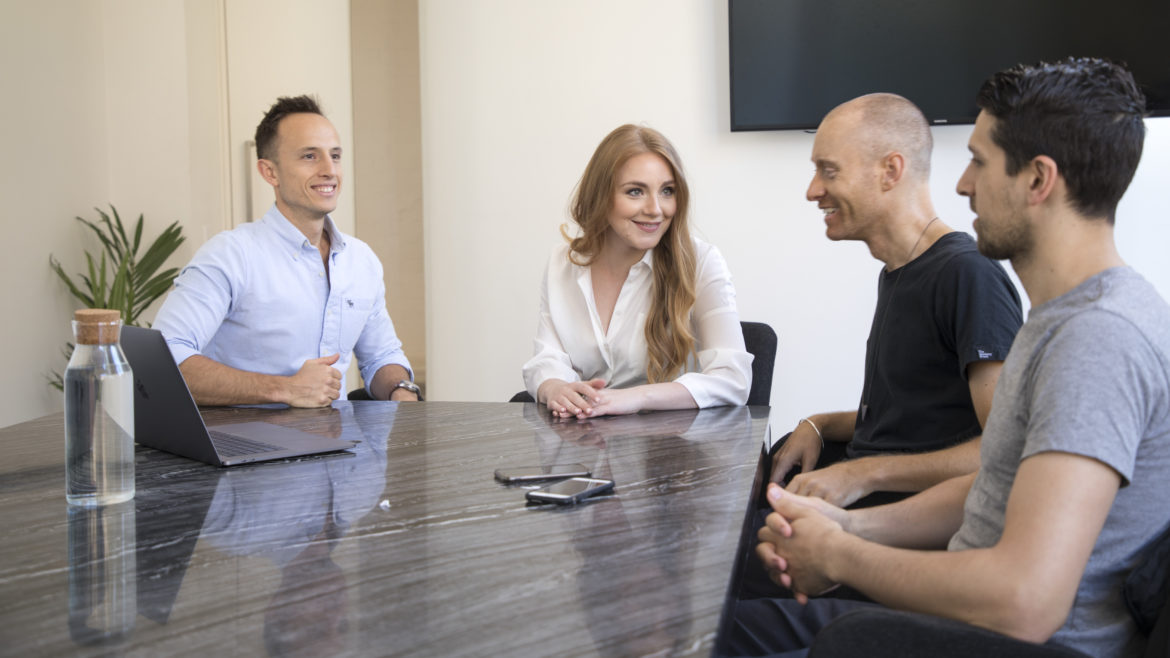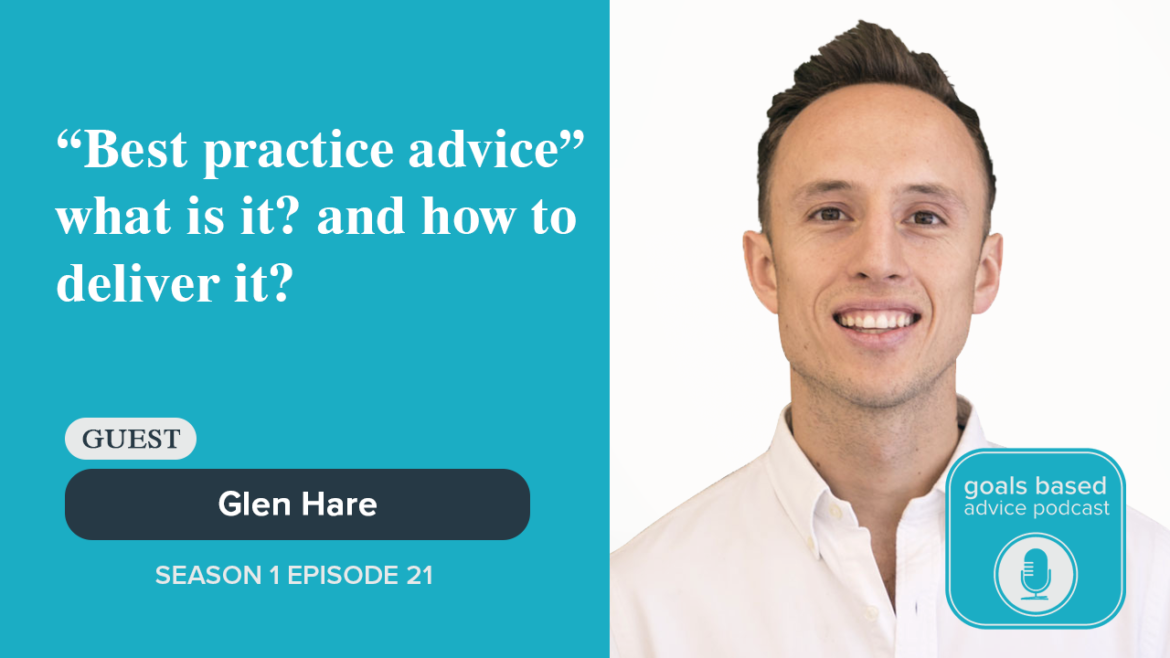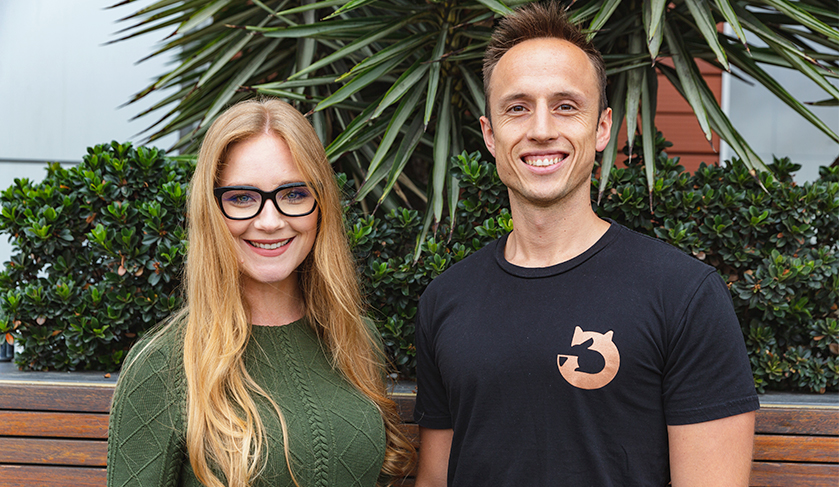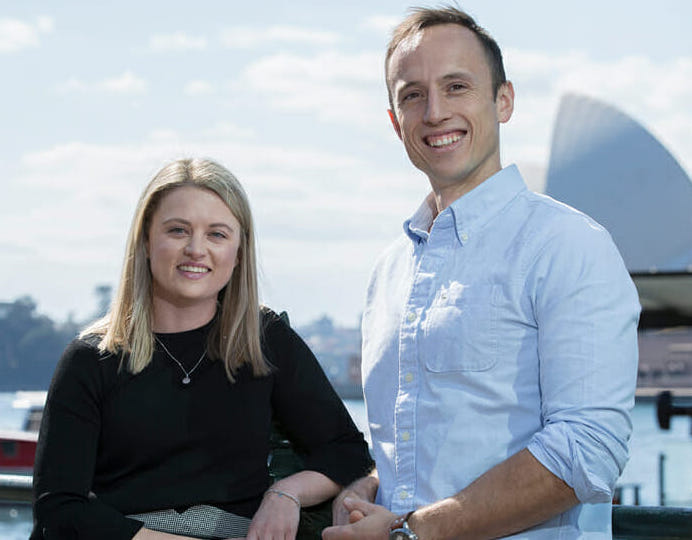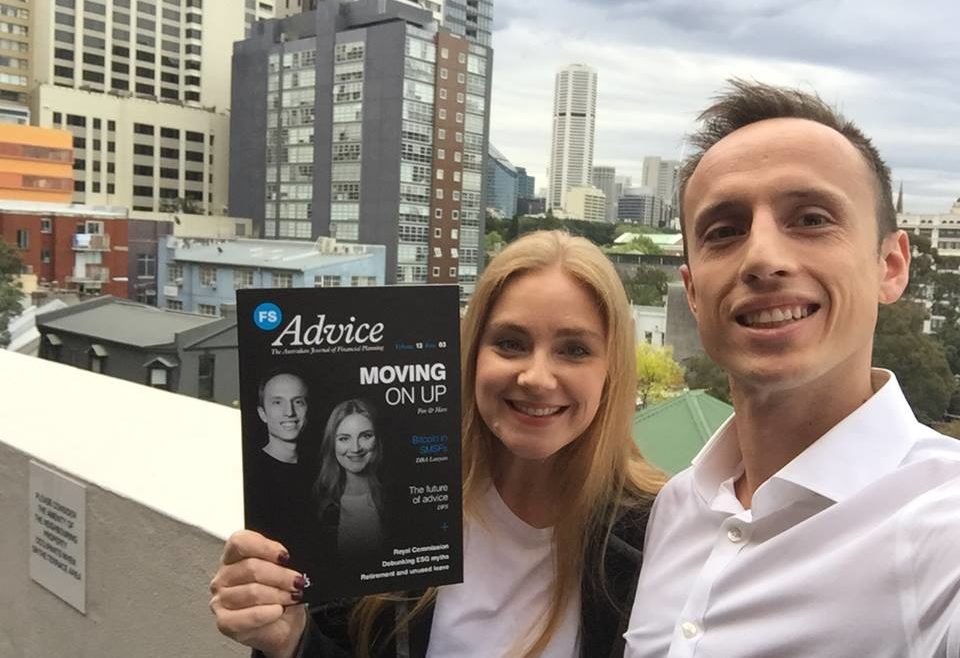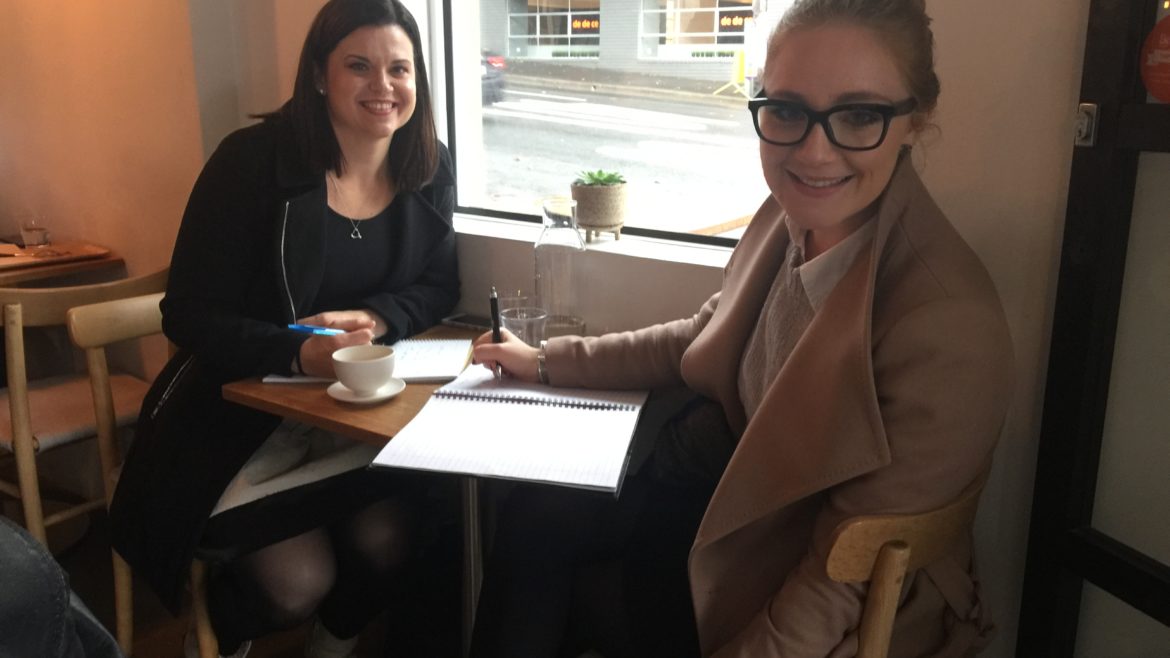What is ethical investing and should you consider it?
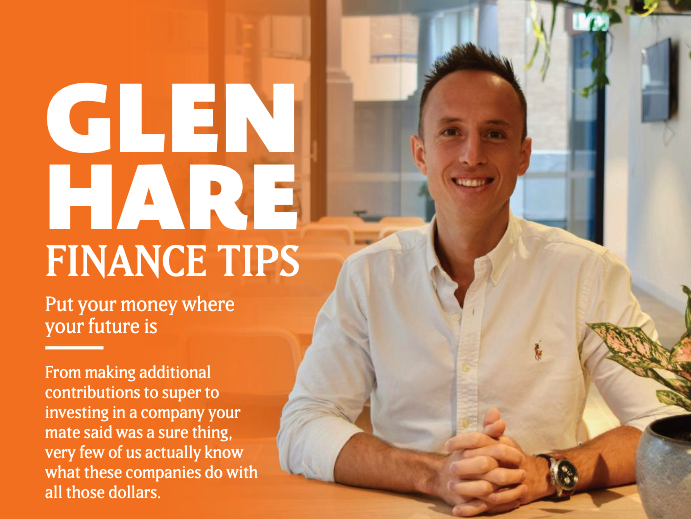
What is ethical investing?
Increasingly I’m helping clients invest in a way that aligns with their core values – ethical investing. The challenge is that nothing is clear cut – core values are inherently personal and therefore how individuals wish to ethically invest differs. What does ethical investing mean to you?
Why is it important?
Simply put, the more people who choose to support companies promoting a positive social, environmental and humanitarian change, the more pressure it puts on organisations to embrace these ethical values.
Does doing the right thing come at a cost?
There is often a preconceived notion if you invest ethically you have to forgo performance. The good news is this isn’t necessarily the case. The 2018 Responsible Investment Benchmark Report found that the responsible Australian share funds outperformed the average fund over 3,5 & 10 years. It’s a similar story for responsible international share funds. The result is predominately being driven by the next generation of the progressive investors – the more we invest in environmentally and socially progressive companies, the more revenue, profit and shareholder return!
What can you do?
Consider what’s important to you and the social and environmental impact you wish to make. Then carefully examine the companies you’re regularly investing in and determine if they coincide with your ethics. This could be anything from where you get your morning coffee, the fashion labels you regularly buy or where your employer is paying your super every month.
Then ask yourself 3 questions:
- Where is your money actually going?
- Are the companies you’re supporting staying true to your values?
- Could your money be working harder for you and the greater good?
Glen hare is one half of Surry Hills based financial advice firm Fox & Hare ??








